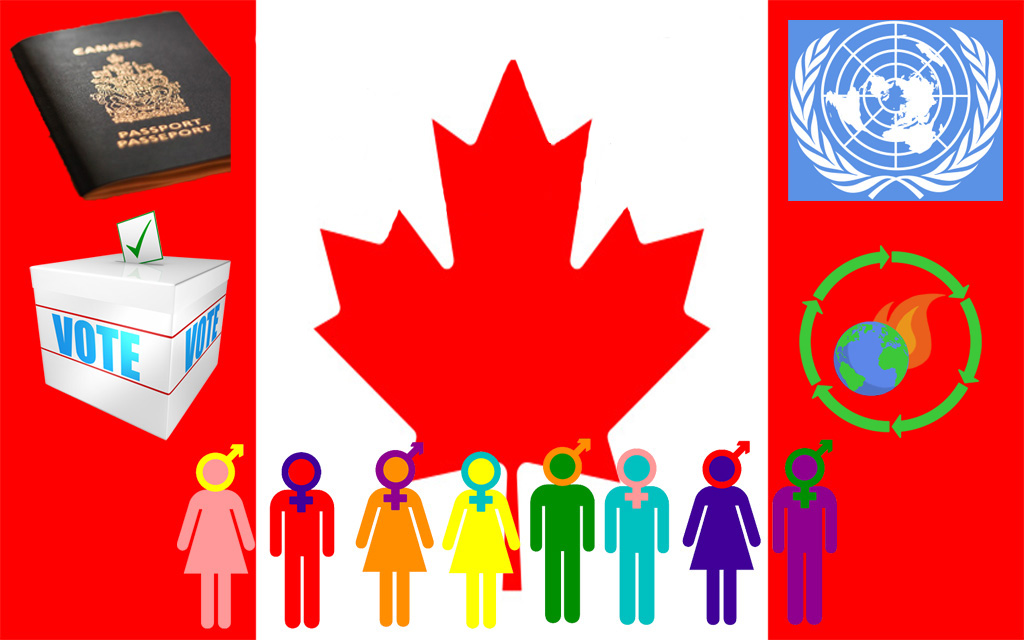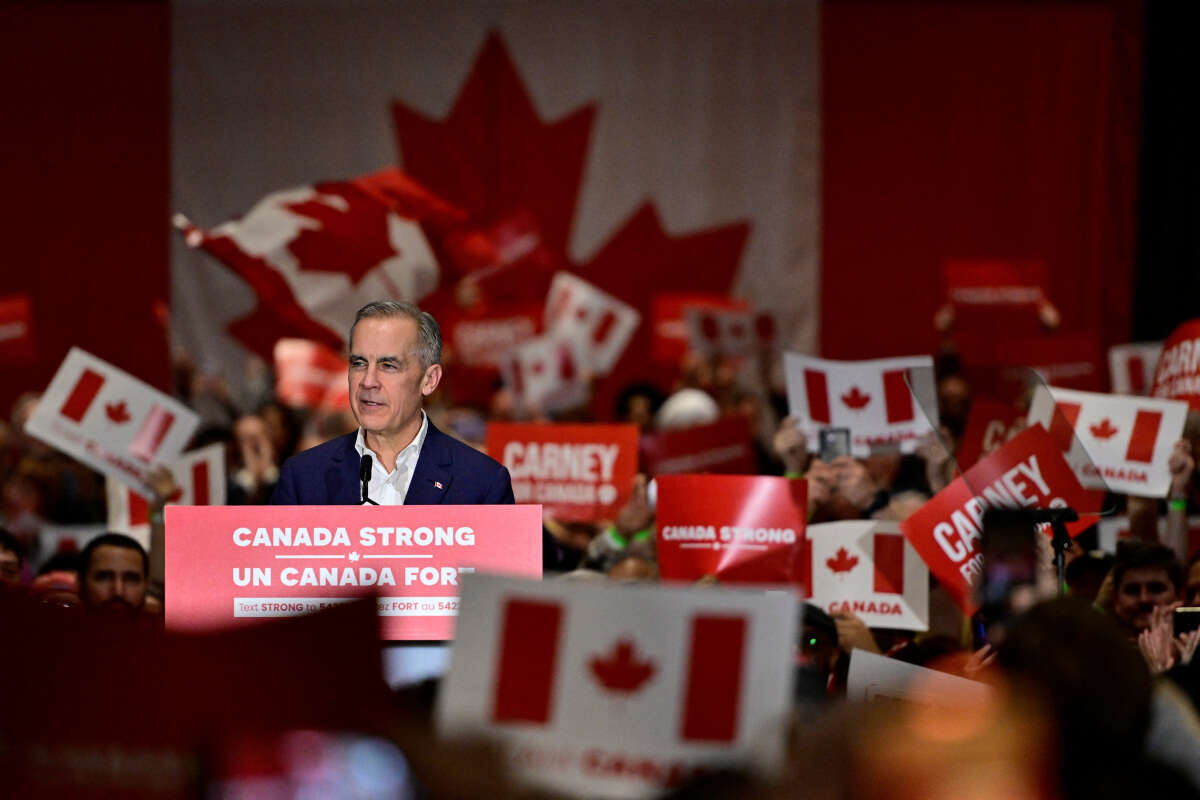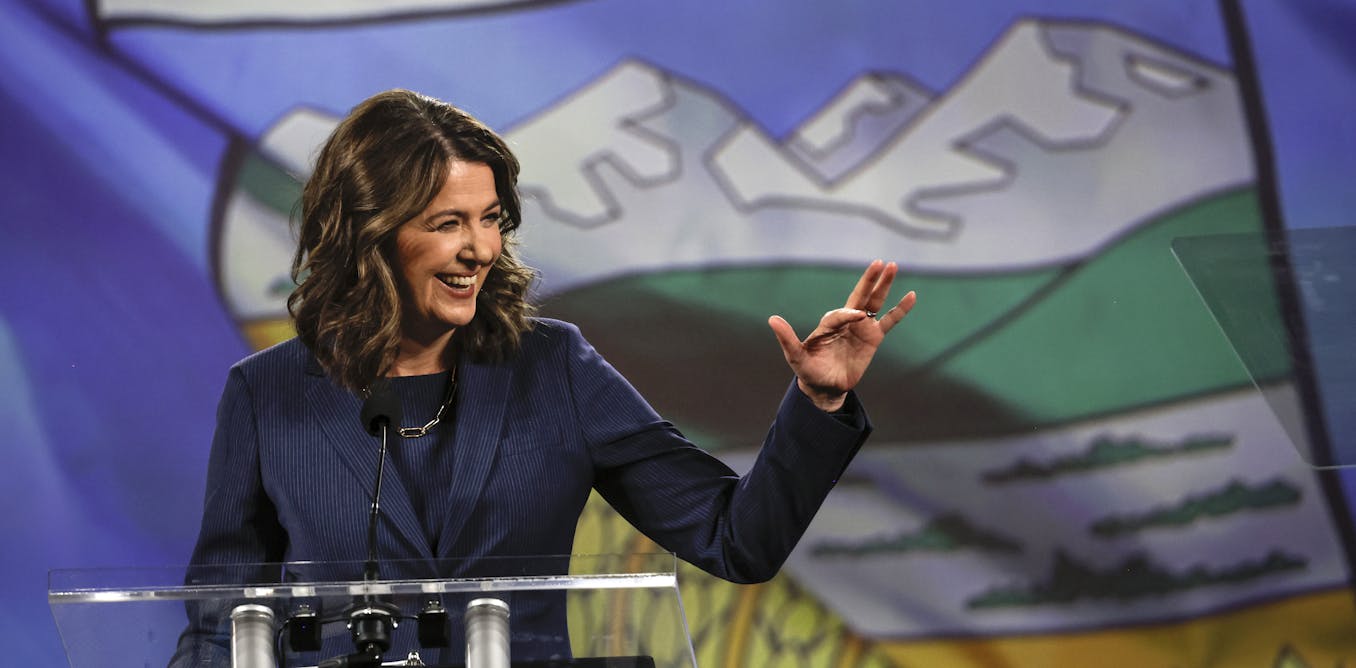Politics is an integral part of any democratic country. The way a country is governed and the policies it implements, affect the lives of its citizens. Canada, being one of the world’s most stable democracies, has a vibrant political landscape. In this article, we will provide a comprehensive guide to Canadian politics and opinions, covering a range of topics from the history of Canadian politics, to the current political climate and opinions on various issues.
History of Canadian Politics:
Canada’s political history dates back to the early 16th century when European explorers and colonizers began to establish settlements. The earliest form of the Canadian government was a system of absolute monarchy, where the King or Queen of England had absolute power over the colonies. In 1867, the British North America Act created the Dominion of Canada, which was a federation of four provinces – Ontario, Quebec, Nova Scotia, and New Brunswick.
The Dominion of Canada gradually evolved into a parliamentary democracy, with the first elections being held in 1867. Over the years, Canada has had a series of political parties that have governed the country. The current ruling party is the Liberal Party of Canada, led by Prime Minister Justin Trudeau.
Current Political Climate:
The current political climate in Canada is marked by a growing sense of polarization. The country is divided into two main camps – those who support the ruling Liberal Party, and those who support the Conservative Party of Canada. The Liberal Party is seen as a progressive party that is focused on social justice issues, while the Conservative Party is seen as a more traditional, right-wing party that is focused on economic growth.
There are also smaller parties that have a significant presence in Canadian politics, such as the New Democratic Party (NDP), the Bloc Quebecois, and the Green Party of Canada. These parties have varying political ideologies and agendas, but they all play a role in shaping Canadian politics and policies.
Opinions on Key Issues:
Like any other country, Canada has its share of key issues that are debated and discussed in the political sphere. One of the most significant issues in Canadian politics is climate change. Canada is one of the world’s largest producers of greenhouse gases, and the country has been criticized for not doing enough to address this issue. The Liberal Party of Canada has made climate change a top priority, and the government has implemented several policies aimed at reducing carbon emissions.
Another significant issue in Canadian politics is immigration. Canada is a country that is built on immigration, and it has one of the most liberal immigration policies in the world. However, there are growing concerns about the impact of immigration on the country’s economy and social fabric. The Conservative Party of Canada has taken a more restrictive stance on immigration, while the Liberal Party has emphasized the benefits of a diverse and inclusive society.
Conclusion:
In conclusion, Canadian politics is a complex and evolving landscape. The country has a rich political history, and its current political climate is marked by a growing sense of polarization. Key issues such as climate change and immigration are hotly debated, with varying opinions on how best to address them. As Canadians, it is important that we engage in informed discussions and debates on these issues so that we can build a better and more inclusive society for all.










